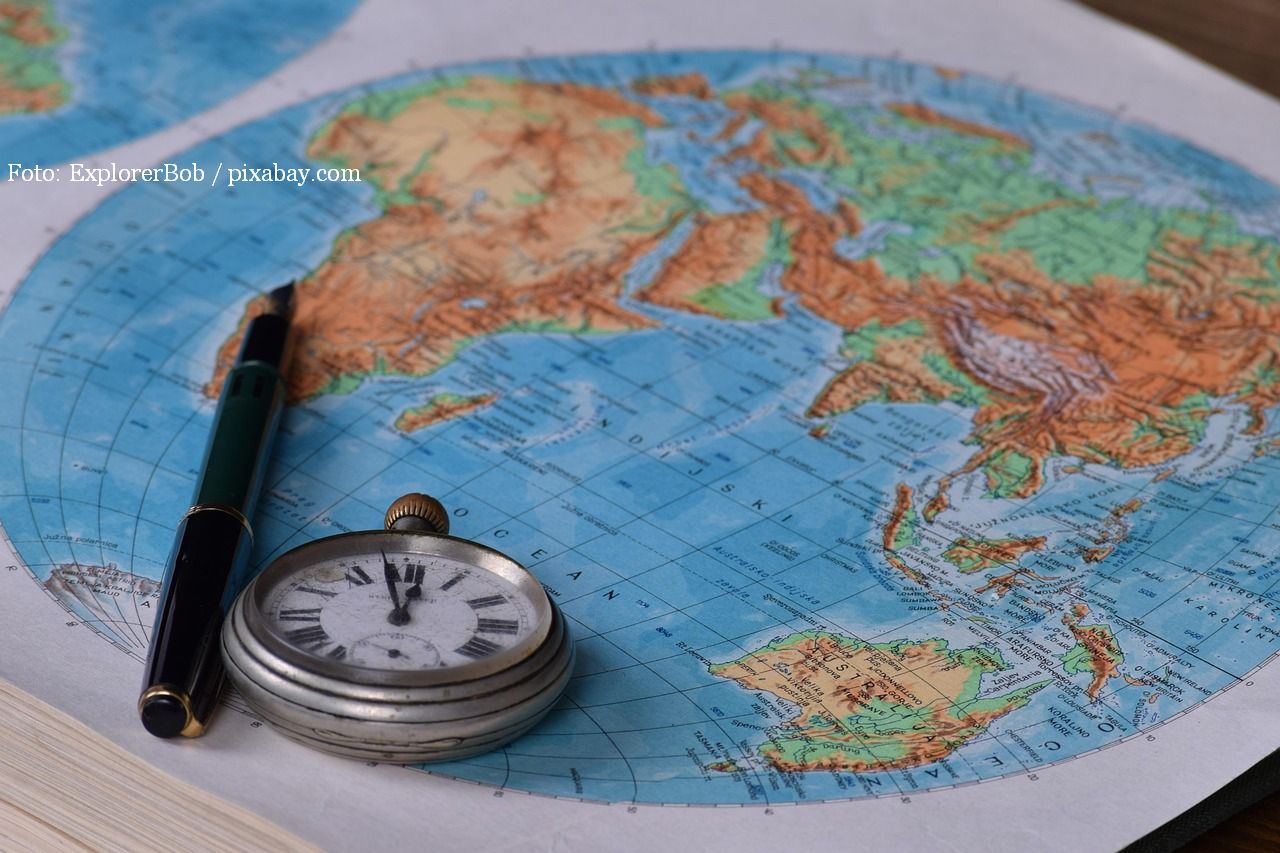Romanian diplomacy at the antipodes
The history of Romanians living "halfway across the world", begins in the second half of the 19th century.

Steliu Lambru, 04.08.2025, 12:00
In Romania, there is this expression “halfway across the world”, that we use to describe a place that is far away. Australia and New Zealand are “halfway across the world” because they are, geographically, at the opposite end of the coordinates on which Romania is located, that is, at the antipodes. The history of Romanians living “halfway across the world”, begins in the second half of the 19th century. The opening of Romanian society to the wider world was possible after the establishment of the Romanian state in 1859, with its education institutions and economic reforms, which had beneficial effects. Romanians had the financial means to see the world with different eyes and some even planned to live their lives in another corner of the world.
According to the 2021 census data, 15,268 Australians were born in Romania and 28,103 declared Romanian descent. The first case of a Romanian settling in Australia is documented in 1886 – that of Vasile Teodorescu, a priest from Galați. During the interwar period there were isolated cases of departures, but a Romanian emigration appeared after WW2. Other cases were constantly recorded during the years of the communist dictatorship. A new wave of Romanian emigration to Australia and New Zealand was recorded after the 1989 Revolution.
The emergence of a Romanian community at the antipodes made the Romanian state turn its attention there. In 1965, Ion Datcu was ambassador to Japan and in 1968 he was appointed in a position in Australia, a month after the Soviet invasion of Czechoslovakia. In 1994, he told the Oral History Center of the Romanian Broadcasting Company how he was received upon arrival: “The first questions were at the airport where journalists came because it was a month after the Soviet invasion of Czechoslovakia along with their other allies, without Romania. The first question was whether my appointment and the expansion of Romania’s diplomatic relations in the world and in this area had anything to do with the events. Of course, I answered correctly in the sense that the idea and my accreditation had been received before the events, but that immediately after the events I was asked to go as quickly as possible. There was something true here, especially since in Australia there was an atmosphere like in Europe, a fantastic atmosphere, of defending Czechoslovakia and glorifying Romania’s position. They didn’t understand how this was possible. They asked me if I had left the Warsaw Pact and so on. The Australian government made an incredible gesture. The second or third day, after I presented my letters of accreditation, they gave a dinner attended by all the ministers, the Prime Minister, the Deputy Prime Minister and all the members of the government. wishing to emphasize their approval. I will never forget that.”
What was Ion Datcu’s activity: “First of all, I immediately organized a visit to Romania, first at the level of deputy prime minister, with economic and political issues, then at the level of prime minister. After that, we wanted the Australians to open an embassy in Romania, as they didn’t have one at the time. After that, I had a mandate and I met with the Romanians. There were 5,000 Romanians in Australia, some of whom were quite well-off, businessmen, they were in trade. They weren’t very rich, with one or two exceptions, but they were people who played a role in Australia. And I remember that I met some of them when I gave a reception at a hotel. The authorities kept telling me that there were several Romanian organizations and they were afraid that some were very much against the regime. And I said that it did not matter, that it had nothing to do with me. I just wanted to talk to them. After all, I wasn’t the regime, I was a diplomat. They had me protected by a civil guard, anyway. When the Romanians started coming, they came in traditional costumes, with a flag in their hands, with their children. We also put on music. They said to me: “Sir, you know that I can’t stand Ceauşescu, but you are a nice person, what do I have with you?” I replied: “Sir, I understand that you don’t like Ceauşescu! But what about Romania?” “Ah, I have Romania here, in my soul. But I don’t like Ceauşescu!” “That’s OK” I said. There must always be a difference between the country and the person.”
For the Romanians in New Zealand, Ion Datcu assumed the same mission: “The same thing happened to me in New Zealand. I was on a plane and, when I landed, there were a lot of people with flags at the airport. You couldn’t see clearly from the plane what it was about and I was told that there was rally. I thought, they were going to throw eggs and tomatoes at me. The plane landed and those Romanians came and greeted me, they were all very friendly. In fact, they had come to see a representative of Romania and not of the regime. Without a doubt, they were all against Ceauşescu in fact. But I think it was the fact that the, country at that time, had a lot of prestige.”
Romanian diplomacy has reached the antipodes in the footsteps of the Romanians who paved the way. And in a global world, the expression “halfway across the world” could remain only in old prints and not in current use. (EE)






























